
Broschiertes Buch
27. Oktober 2025
Verlag Unser Wissen

Broschiertes Buch
22. April 2025
LAP Lambert Academic Publishing
Broschiertes Buch
27. Oktober 2025
Edizioni Sapienza
Broschiertes Buch
27. Oktober 2025
Edições Nosso Conhecimento
Broschiertes Buch
27. Oktober 2025
Editions Notre Savoir
Broschiertes Buch
27. Oktober 2025
Wydawnictwo Nasza Wiedza
Broschiertes Buch
27. Oktober 2025
Ediciones Nuestro Conocimiento
Ähnliche Artikel
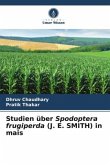
Broschiertes Buch
14. November 2023
Verlag Unser Wissen
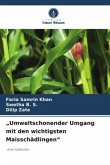
Broschiertes Buch
-Eine Fallstudie
13. August 2024
Verlag Unser Wissen
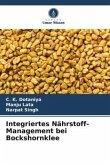
Broschiertes Buch
31. Januar 2024
Verlag Unser Wissen

Broschiertes Buch
27. November 2024
Verlag Unser Wissen
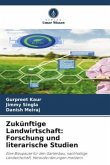
Broschiertes Buch
Eine Blaupause für den Gartenbau, nachhaltige Landwirtschaft, Herausforderungen meistern
26. März 2024
Verlag Unser Wissen
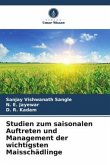
Broschiertes Buch
14. Juli 2022
Verlag Unser Wissen

Broschiertes Buch
26. Juli 2024
Verlag Unser Wissen
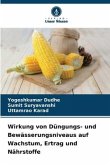
Broschiertes Buch
31. Oktober 2022
Verlag Unser Wissen
Ähnlichkeitssuche: Fact®Finder von OMIKRON
